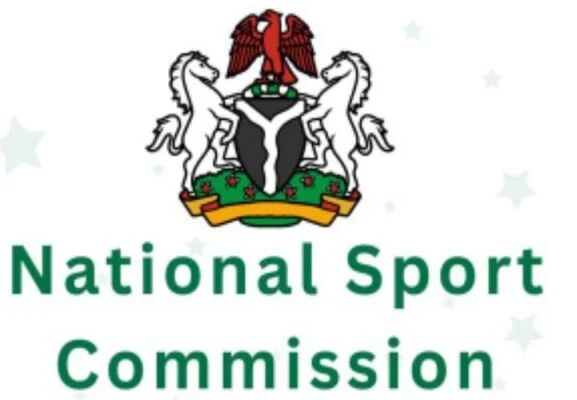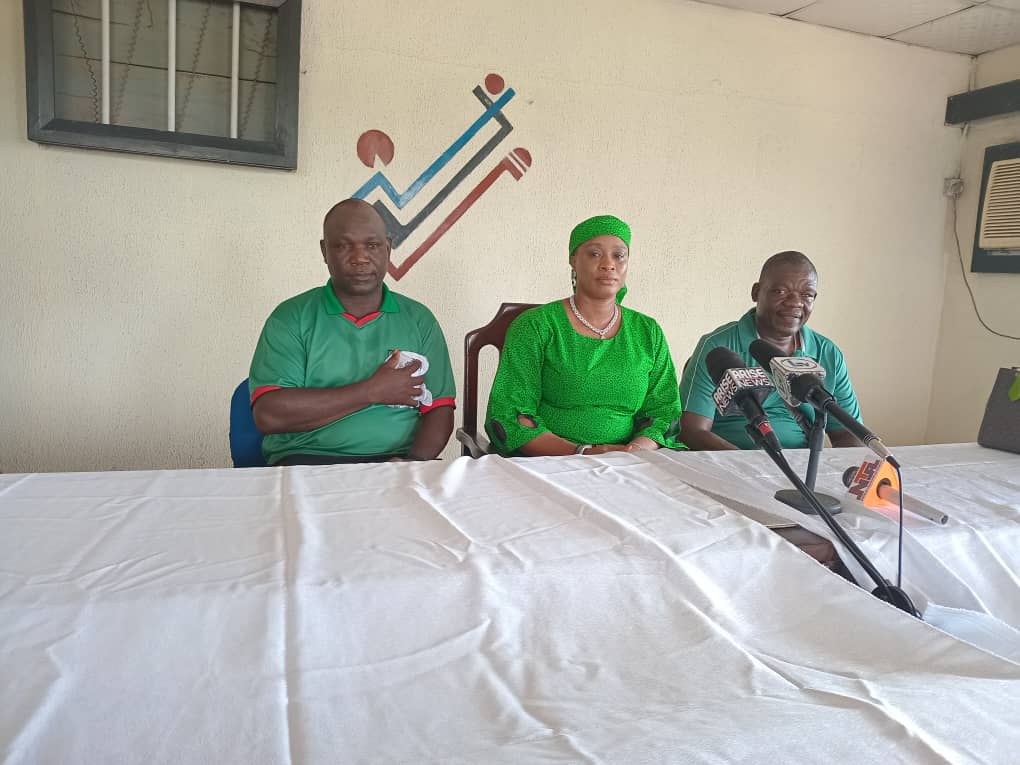Former chairman of the defunct National Academicals Sports Committee (NASCOM), Yemi Idowu, has said that any strategy the country adopts for grassroots sports development must support football academies to get the desired results.
While applauding the progress academies have made in nurturing talents, Idowu said that without a strong grassroots and junior athletes’ development structure, the system is incomplete.
Sharing his thoughts on the future of football academies in Nigeria, Idowu said: “I’m happy with the work academies are doing, that’s the progression. But I’d be happier if we had a proper youth and junior structure in place. Right now, it’s a bit disjointed.”
He emphasised the importance of building a template that identifies what works and what doesn’t, stressing that grassroots football must be prioritised, with local coaches and academies given more prominence in talent development.
Citing Morocco as a model for long-term investment in grassroots football, he said that the North African country’s success at both youth and senior levels, including its historic run to the World Cup semifinals, is built on a nationwide structure that starts in villages and culminates in elite facilities like the King Mohammed VI Football Academy.
“What Morocco has done is the result of a long journey. That centre is just the tip of a grassroots pyramid. If you go to their villages, you’ll see the structure. That’s what we don’t have.”
He said that Nigeria doesn’t need expensive stadiums to build a strong foundation, noting that simple grass fields and functioning junior leagues are sufficient for the desired growth. What’s lacking, he said, are basic resources,starting with quality footballs.
“Today, we can’t even get competition-grade footballs in Nigeria. Most of what’s sold is fake. Let the Sports Commission distribute quality footballs for free. It costs nothing,” he said.
According to Idowu, the Nigeria Football Federation (NFF) and the local councils across the country have bog roles to play in reviving the football culture, adding that the NFF should focus on elite football, while junior development should be managed by state and local governments.
He also called for decentralization of funding and infrastructure to make it easy for children to play regularly without traveling long distances.
“If you want to play every week, you can’t travel too far. Local governments should fund infrastructure and support coaches with small allowances and training kits. The rest, they will do.”
Idowu said that the academies’ openness to giving young players opportunities, unlike some league teams that are dominated by older players, has ensured that top Nigerian players emerge from academies rather than the league structure,
“Academies are doing the right thing. The league isn’t. Once you reach a certain age and don’t make the grade, you should move on and make space for younger players. If you don’t, they’ll go where they’re allowed to play.”
He urged league teams to give junior players a platform for one or two years before they move abroad, saying that such allowance would not only aid development, but also generate revenue for clubs.
“Even Bulgaria and Serbia can’t retain their top players. Nigeria won’t either. But we can give juniors the platform before they leave,” he said.






